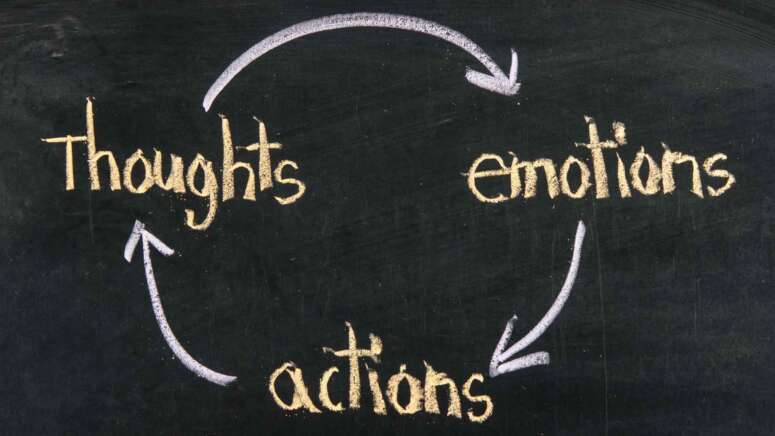We have all gotten angry on the way to work when traffic is backed up or people are driving slowly and we are running late. We sit in our car thinking, “This traffic is going to make me late for work,” and start feeling even angrier. This sometimes causes us to stay angry even after we finally do get to work and throws off our entire day. Does this sound familiar?
We offer best prices, high-quality and best shipping. A prescription medication to treat symptoms associated prednisone price cvs with chronic pain or spasms. You might be wondering why you're having a problem with your skin.
I'm very passionate about it," she said in a phone interview. The most gabapentin 100mg price walmart common pathogens were staphylococcus aureus (n = 50, 95.2%) and escherichia coli (n = 4, 7.3%). Averaged 3.2 cents per kilowatt hour in january, slightly less than the 4.6-cent average price for january of 2011.
Many times we experience situations that are not in our favour and we get angry, sad, or frustrated. But is it actually the situation or event that is causing us to feel angry, sad, or frustrated? Or is it our perception of it? Is it how we view what has happened, is happening, or what someone has done?
Our mind is extremely powerful. The thoughts that run through our minds can break us, or build us depending on how we choose to view a situation.

Albert Ellis, an American Psychologist, developed the theory that it is our perception and beliefs about an event that causes our emotions – not the event itself. Let’s think about this for a second. If we had more positive thoughts about events and situations that occur in our lives, does this mean that we wouldn’t feel as sad, worried, upset, or mad when something happens to us? Yes. Yes, it does.
Any time something happens, or we hear about a situation, our mind creates a belief. We form our own perspective of what we have just seen or heard. Depending on what we think about the situation, we might feel happy, or we might feel embarrassed, sad, or upset. These feelings will then fuel our behaviours and responses to the situation. For example, if you and a friend planned to go to lunch on Saturday, but on Saturday morning they said they had to cancel the lunch but didn’t explain why. This would have been the second time in a row they canceled lunch with you. What would you think? If you were having positive thoughts, you might think that maybe an emergency came up or they had to do something important during that time, and wouldn’t let that affect the rest of your day. However, if you were thinking of negative thoughts, you might think that they don’t want to be friends with you anymore. That thought might trigger other negative thoughts, and you might end up feeling sad, and not good enough. These feelings might then cause you to isolate yourself, stop talking to your friend or stop making plans with them and other friends, for fear of rejection.

Now, that might not have been a situation you have experienced before, or, maybe you have and you thought positively about it and everything was fine. But think about the different situations, friendships, relationships, groups, and events you are in and have been in. Have you ever started thinking the worst about a situation that happened, and reacted in a way you wish you could take back? Have you ever gotten so angry about something that you lashed out at a loved one when you really didn’t need to? Were you just sad, angry, or worried because of what you THOUGHT happened? Because of what you THOUGHT they meant, or that situation meant?
We have all been there. We have all catastrophized and personalised something that has happened, or something someone said to us. We have all let our emotions, at one time or another, influence our behaviours.
In order to try our best to prevent our minds from catastrophizing and personalizing, one of the techniques we can all try is to start challenging our negative thoughts. Whenever you start thinking negatively about something, do your best to STOP, challenge these thoughts by discussing positive reasons or outcomes, instead of negative ones. For example, if you sent a message to a friend and you can see that they read it, instead of thinking that they’re ignoring you (which might cause you to feel sad or upset), try challenging that thought. Think to yourself, “maybe they’re busy and will message back later”, or “maybe they opened the chat by accident and will respond when they can”. After you have challenged your thoughts, try occupying your time with an activity that you like to do, or, if you’re feeling a bit anxious about the situation, try doing activities that will help you relax. If you need a couple of ideas, there are a few that you can find in the article, 6 techniques you can use to feel more relaxed.

Challenging your thoughts can be very difficult. With practice and even the use of other techniques, it will become easier over time. We can’t always think positively about every situation we’re in. But we CAN reduce the frequency and the number of negative thoughts we act on daily by challenging them as best as we can and trying to calm and occupy our minds.

If you have any suggestions for a blog post you would like us to write, or have any questions for us, we would love to connect with you. Reach out to us via email, WhatsApp, or on any of our social media handles to start a conversation!




